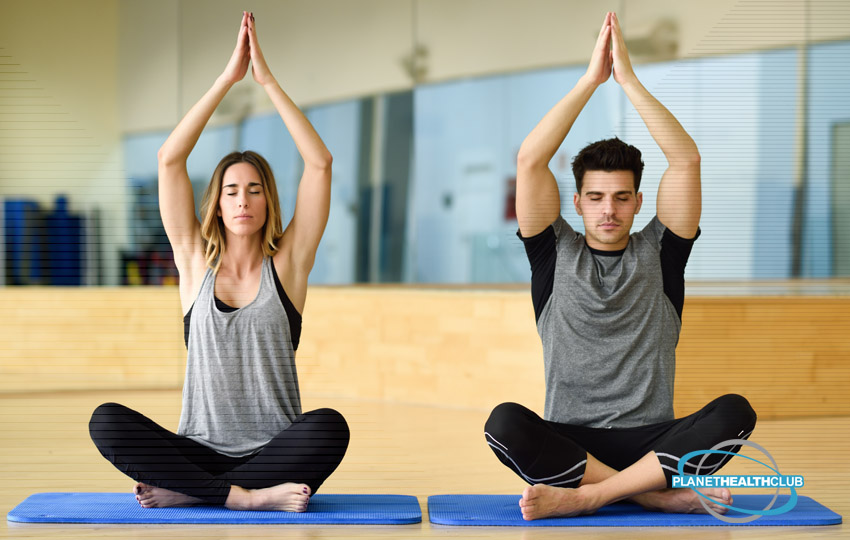
Stress and Your Nervous System
We always hear about the negative effects of stress on our bodies, but how serious are the implications on our nervous systems? And what measures can we take to combat this imbalance?
‘Rest and digest’ and ‘fight or flight’ refer to the parasympathetic (PSNS) and the sympathetic nervous systems. The parasympathetic nervous system work to keep our body in homeostasis, meaning maintaining equilibrium in our physiology. Our sympathetic nervous system (SNS) was once used to prepare us for an imminent threat, but seeing as we don’t get chased by tigers or bears too often anymore, we mainly use it to stress over trivial things. Like, someone leaving me negative feedback on this post, for example.
When we use our sympathetic nervous system our heart rate increases, bronchial tubes in your lungs dilate, pupils dilate, muscles contract, saliva production is reduced, the stomach stops many of the functions of digestion and more glycogen is converted to glucose. It makes sense why overuse of the sympathetic nervous system could be linked to heart disease, asthma, weight gain and a host of other health concerns.
Sometimes we can’t change the stressors in our lives. We can change the way we respond.
So what can we do to restore balance?
1. Reduce Stress
Stress is ubiquitous. Good health depends on removing or reducing whatever stressors we can control, and reduce our reactions to those we can’t.
2. Meditation
We can’t remove all external stress. Meditation is the best way to decrease our reactivity to stress we can’t control. It teaches us to ignore triggers. It reduces our breathing, slows our heart, and decreases our blood pressure: all signs of PSNS activation. Meditation reduces lactic acid in our muscles, promoting recovery.
3. Massage
Regular massage has been shown to restore a balance between SNS and PSNS. Massage makes us stronger, calmer, and more able to fight infection. By activating the PSNS, massage promotes recovery. It retrains the body to move more readily into PSNS even when we’re stressed.
4. Breathing
Breathing straddles the peripheral nervous system and the autonomic system. It happens automatically but we can also control it. We can hold our breath for example, but we cannot stop our heart. Slowed breathing is a hallmark of PSNS. But it’s not just a symptom, it’s a signal. Slowing your breathing intentionally tells your SNS than things are okay. This activates the PSNS.
Daily breathing exercises will strengthen your lungs, improve your immune system, and decrease your resting heart rate. Here’s a simple way to activate your PSNS. Inhale for a count of 2. Hold that breathe for a count of 5. Exhale for a count of 7. Repeat.
5. Yoga
Like meditation, yoga will bring you into PSNS, It also bolsters your ability to decrease SNS activation when you are stressed.
Daily or weekly yoga classes, or even a quick yoga video at home, will improve your strength, flexibility and breathing.
6. Nutrition
Can what you eat affect your SNS/PSNS balance? Yes. Avoiding stimulants such as caffeine and sugar will facilitate PSNS. An anti-stress diet brings the right mix of protein, minerals and other nutrients to support PSNS.
7. Exercise
Light to moderate can actually decrease SNS activity and activate our PSNS. The key is moderation and measurement.
Have you any tips for controlling stress? We would love to hear from you.





